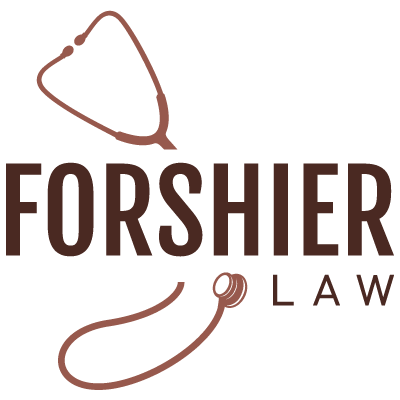By Barbara Forshier on November 17th, 2018 in Diversion, Substance Abuse
It has been documented that about 15% of healthcare providers have drug dependence at some point during their careers. This creates a risk of harm to patients because the caregiver may be impaired or may be stealing the patient’s drugs, sometimes replacing it with saline, or stealing the drug waste.
Warning signs of diversion include:
- Patients receiving maximum pain dose without relief (a pattern)
- Always needing to waste some of the drug
- The nurse visits the facility during non-work time
- Deterioration in physical appearance, work habits and productivity
- Asking the witness to sign after the drug has already been wasted
- Increased absenteeism, tardiness, frequent unexplained absences from the unit
- Reduced productivity
- Frequently volunteers to count narcotics or medicate co-worker’s patients
- Tendency to administer more narcotics than other nurses on other shifts
- Increased wasting related to breakage, contamination or patient refusal
- Frequently asking for additional pain medication orders for patients
- Dose signed off in narcotic supply but not documented on medication record as given
- Forgetting to obtain a witness, or too busy
- Removes larger dose than necessary
- Controlled substance withdrawal times do not correspond to administration times
- Inaccuracies in narcotic counts when certain nurse is working
- Controlled substances signed out for patient who does not have an order for them
- Coming to work early or staying late
- Going to the bathroom directly after withdrawing medications
- Extra-long breaks
As nurses, we tend to take care of everyone else first. We care for our families, older relatives, our children, our friends and of course our patients. Putting your needs last, and not taking care of yourself can lead to depression, burnout, and substance use disorder.
If you see any of the above signs/symptoms of substance use disorder in any of your friends/co-workers please help them. Ask them to get help. Tell them to take a leave of absence (LOA), report to Health Professional Services Program (HPSP) and inform them about the Nurses Peer Support Network (NPSN), a group for nurses in recovery.
This disease can strike anyone.
